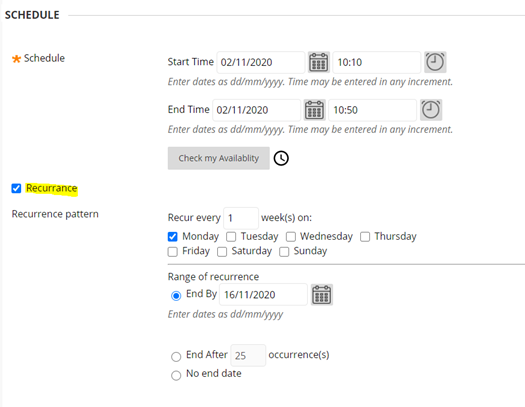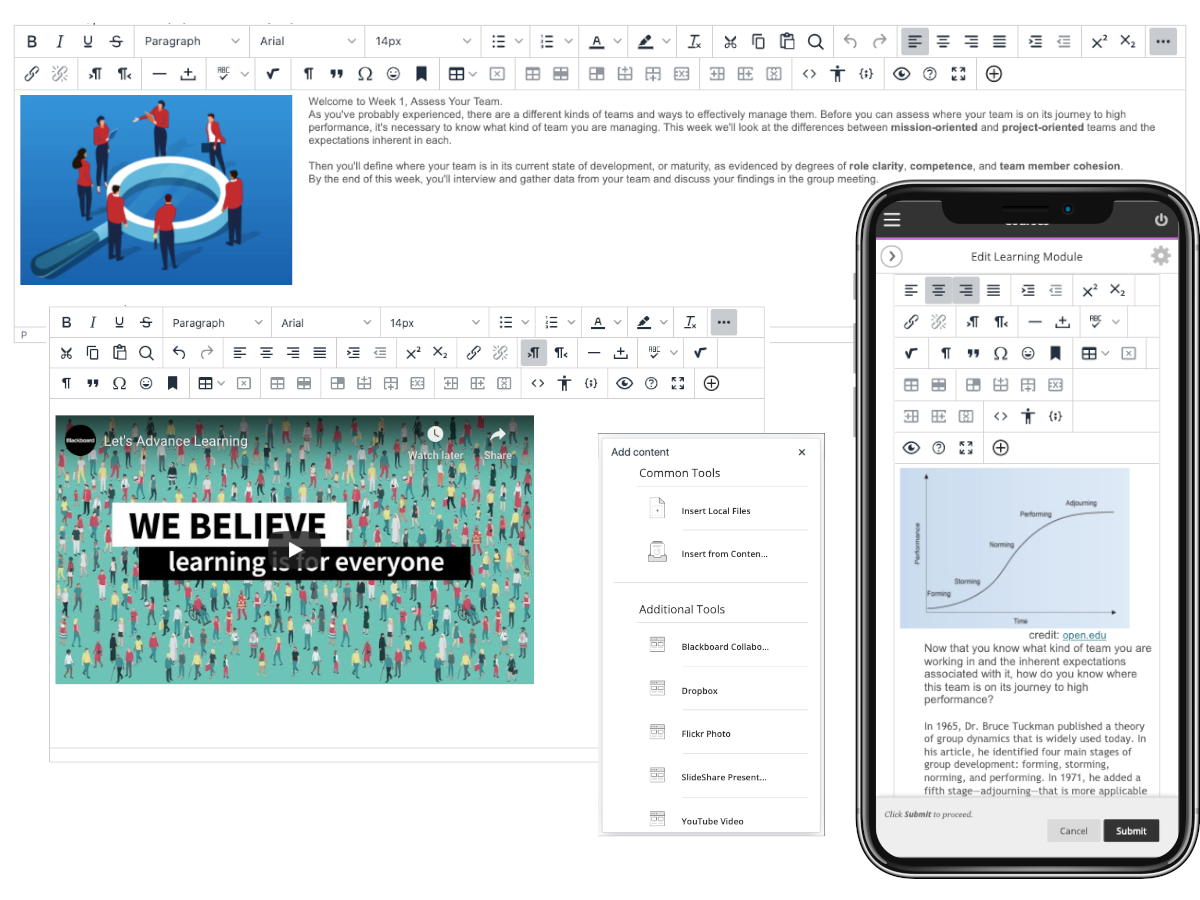Following training sessions that we have conducted over the past few weeks on using MS Teams for learning and teaching activities, here are answers to 10 common questions. Further information on using MS Teams can be found in our Microsoft Teams FAQs, and please do not hesitate getting in touch with us if you have any further queries (lteu@aber.ac.uk).
Q1: If I am sharing my screen can I still see the chat function?
A1: Unfortunately, unless you have two screens then this will not be possible. You could either ask a student to monitor the chat for you or you could stop sharing your screen from time to time to check what has been posted in the chat. There are some advanced share screen options that may enable you to see the chat in some instances, and we’re happy to discuss these with you further.
Q2: I would like to add an external individual from outside Aberystwyth University to one of my ‘teams’ within MS Teams, is this possible?
A2: It is possible to add external individuals who have an Office 365 account with an ac.uk domain, but any external individual who has an email account that is not an ac.uk address will need to complete a request form to have their domain added to AU Teams access. Alternatively, you could set up meetings with external individuals through MS Teams without having to request access.
Q3: After recording a meeting, how would I access the recording and how long is it available for?
A3: After ending a meeting the recording will appear in the meeting’s chat and this will be available to download for 22 days. Please familiarise yourself with the University’s Lecture Capture Policy for details on what type of sessions are appropriate to record.
Read More





 Setting up sessions through MS Teams:
Setting up sessions through MS Teams: